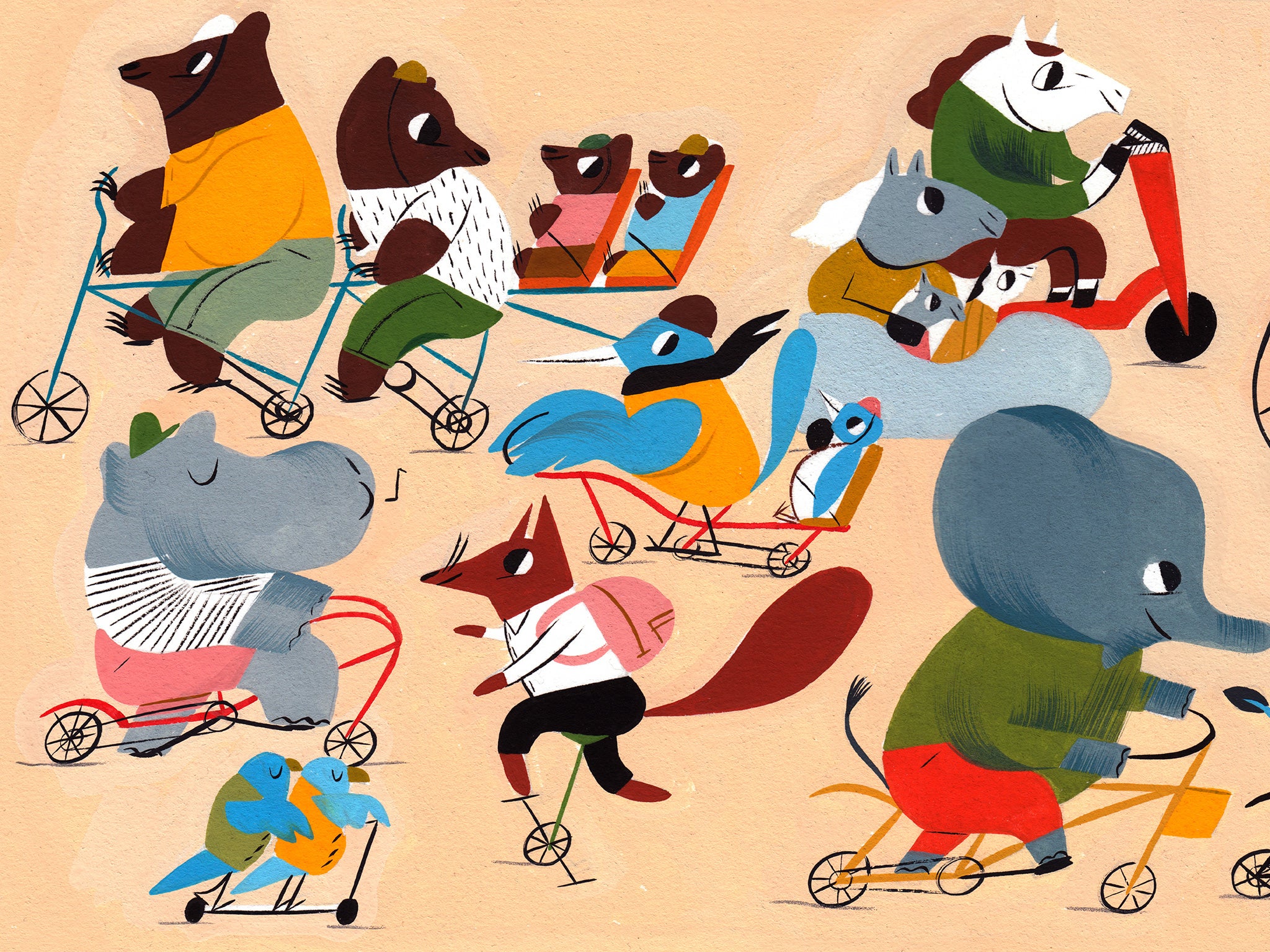Budget 2015: Osborne’s winners and losers
Earners, pensioners and savers get a Budget boost – it's hard to spot a victim

Your support helps us to tell the story
From reproductive rights to climate change to Big Tech, The Independent is on the ground when the story is developing. Whether it's investigating the financials of Elon Musk's pro-Trump PAC or producing our latest documentary, 'The A Word', which shines a light on the American women fighting for reproductive rights, we know how important it is to parse out the facts from the messaging.
At such a critical moment in US history, we need reporters on the ground. Your donation allows us to keep sending journalists to speak to both sides of the story.
The Independent is trusted by Americans across the entire political spectrum. And unlike many other quality news outlets, we choose not to lock Americans out of our reporting and analysis with paywalls. We believe quality journalism should be available to everyone, paid for by those who can afford it.
Your support makes all the difference.All taxpayers will benefit from the raising of the tax-free personal allowance, the amount you can earn each year before having to pay any income tax. We already knew it was climbing to £10,600 in April, but the Chancellor revealed it will rise to £10,800 in April 2016, and to £11,000 in 2017.
The increases to the personal allowance from when they stood at £6,475 in 2010, to when they climb to £11,000 in 2017-18 will save a typical taxpayer £905 per annum, Mr Osborne reckons.
Higher-rate taxpayers haven’t been forgotten either. The Government will increase the level at which higher earners start paying the 40 per cent tax rate. It will rise by £315 in 2016 and by £600 in 2017 – taking the level to £43,300 for the 2017-18 tax year.
Meanwhile, 19 out of 20 savers will benefit from the new personal savings allowance when it comes into effect in April 2016, Mr Osborne said. From next year basic-rate taxpayers won’t have to pay tax on the first £1,000 of interest they get from their savings, while higher-rate taxpayers will be able to earn £500 in interest and not pay tax on it.
First-time home buyers will also be better off from handouts offered through the new Help to Buy Isas – which will be offered by banks and building societies from the autumn. They’ll see their savings topped up by 25 per cent when they use them to buy a house, up to a maximum handout of £3,000.
Drivers will benefit from the scrapping of the annual fuel duty increase, which was scheduled for September. That move should save the average family around a tenner, Mr Osborne calculated. Meanwhile, boozers will pay 1p less for their pint of beer and see 2 per cent cut on the tax on cider and spirits.
But beyond these headline figures, how will most normal folk do when it comes to tax in the next couple of years? Some detailed number-crunching of our tables reveals a clear, albeit extremely unlikely, winner. Those who will be best off in the next tax year, beginning next month through to April 2016, will be married couples or couples in a civil partnership, where both partners work but earn between them just £25,000, and they have two children.
Anyone fitting those characteristics will be £40 a month better off next year, or have £480 more to spend over the year. Frankly any couple struggling by on such a relatively low income, which is even below the median single person’s salary of £27,200, is likely to welcome the extra £40 a month, even though it doesn’t amount to much more than 20 coffees or around 10 pints of beer, depending on where you live.
By comparison, a couple with two children but just one earner will be £39 a month better of next year if they earn between £15,000 to £30,000. They’re also likely to be grateful for the extra £460 per annum in their pockets.
The pensioners who will be best off as a result of the Budget tax changes would be a couple, both born between 1938 and 1948, who earn between them £150,000 and £175,000 year. While any extra cash is appreciated, they probably won’t notice the extra £37 a month, or £408 a year, coming their way.
And who will be the losers next year? Across the spectrum the higher earners will be hit hardest, but the effect will be almost negligible on their finances.

Worse off in the 2015-16 financial year, according to our analysis, will be couples, married or unmarried, who both earn and take home more than £400,000 between them, and have either no children, or two kids.
How much worse off will they be? A massive £9 a month, or £108 a year. Will they notice that ever-so-slight reduction in their take home pay? Let’s just say that it’s less than the price of most tickets currently on sale for the coming production of La Traviata at London’s Royal Opera House.
In fact, in simple terms you’ll need to be earning £125,000 or more a year to see a slight reduction in your income after tax next year.
However, some anomalies do remain, says Rob Pullen, of accountants Blick Rothenberg. “The Chancellor set out his aim of a ‘fairer tax system for all’ and specifically highlighted families. But, no changes were announced in respect of the High Income Child Benefits Charge, which penalises single-earner families, where one parent earns more than £50,000. A family with two earners could each earn £49,999 and retain the child benefits in full.”
Join our commenting forum
Join thought-provoking conversations, follow other Independent readers and see their replies
Comments